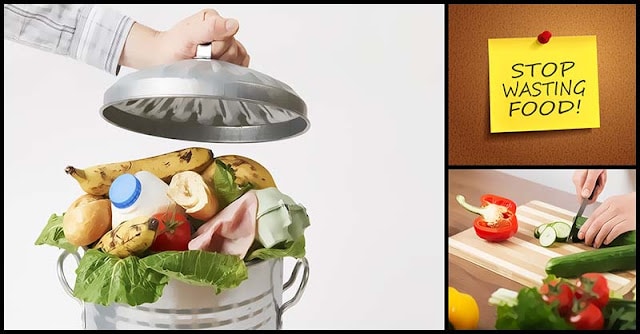Many of us generate a lot of waste which only damages our environment and the entire planet. Bottles, food scraps, paints, batteries, grass clippings, newspapers, and food packaging are some of the garbage that comes from our houses, hospitals, schools, and business.
Food waste, in particular, is a huge problem. Approximately 1/3 of food produced for humans in the world is either lost or wasted, according to the United Nations Food and Agriculture Organization. In developing countries, this loss happens during the processing, storing, and packaging of the food. However, in these countries, most of the waste comes from consumers.
The United States Department of Agriculture (USA) funded a study in 2018 and its results showed that American consumers have at least a pound of food waste per day.
Actually, most of this trash can be recycled for another use. When it comes to recycling, there are many tips and tricks that you can do that can make a big impact and benefit the environment.
How To Reduce Food Waste
Buy Fewer Groceries More Frequently
Avoid buying a week’s worth in the hope that you’ll use everything. Replenish fresh produce and other perishables every few days.
Take A Shopping List
Check your fridge, plan your meals in advance, and have your shopping list ready. Doing this will help you avoid buying items that are unnecessary.
Cook Only What You Need
When you are cooking, try to cook only what is required. Wait for 15 minutes for you to see if you are still hungry before heading back to the kitchen.
Understand Expiration Dates
Always check the expiration dates of the food in your fridge. Check whether it looks, smells, or tastes ok. Older ingredients should be placed in front so that it’s not forgotten.
Store Food Better
You can add days, weeks, and even months to your food if you store them properly. Freeze leftovers and remember that there are some fruits and veggies that should not be stored in the fridge. To avoid moisture and weevils, dry goods should be stored in an air-tight container. Spinach and lettuce are best stored in a container or bag. Meanwhile, herbs can last for weeks if you wrap them with damp paper.
Make Leftovers Your Friend
Leftover vegetable trimmings like tomato, carrot, leek, and parsley stalks can be placed in a ziplock bag in the freezer. You can eventually add them in your veggie stock or other recipes that suites them.
Grow Your Own Food
Planting your own kitchen herb can provide you with a fresh supply on hand. Doing this can help you snip the perfect amount for your dish. You can try planting mint, rosemary, and parsley.
Some techniques you can use to extend your food’s shelf-life are as follows:
- Freezing
- Canning
- Dehydrating
- Salting
- Smoking
- Fermentation
- Pickling
- Vacuum Sealing
Tips To Reduce Other Kinds Of Kitchen Waste
- Use non-toxic reusable containers like glass containers, mason jars, and food-grade stainless steel containers when you are storing leftovers.
- Opt for high-quality appliances and kitchenware so that you won’t have to replace them yearly.
- Use shopping bags as well as reusable lunch or snack bags instead of plastics.
- Cloth napkins and towels should be prioritized over paper products.
- Don’t discharge an item quickly. As much as possible, try to repair them.









